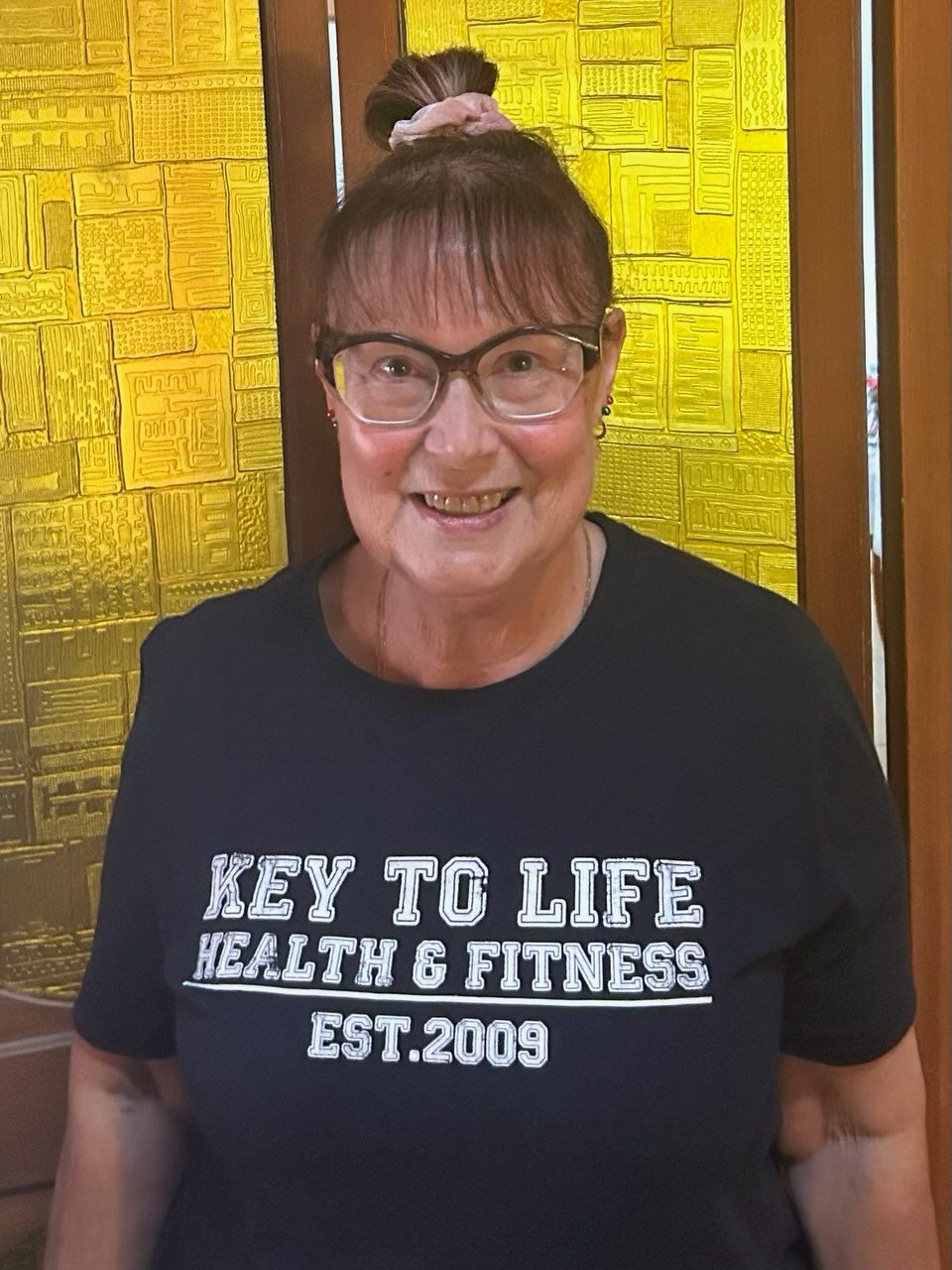Navigating Nutrition After 50: Eating for Energy, Health, and Longevity
Navigating Nutrition After 50:
Eating for Energy, Health, and Longevity

As we age, our nutritional needs change, and it becomes even more important to pay attention to what we eat.
A well-balanced diet can help maintain energy levels, support bone and joint health, and prevent common age-related health issues such as heart disease, diabetes, and osteoporosis. Understanding these changing needs and making thoughtful dietary choices can contribute to a healthier and more vibrant life after 50.
In this blog, we’ll explore key nutritional considerations and offer practical tips for eating well to promote energy, health, and longevity.
Understanding Nutritional Needs After 50
The ageing process brings about several physiological changes that can impact how our bodies process and utilise nutrients. Metabolism tends to slow down, and we often lose muscle mass, which can lead to a decrease in calorie requirements. However, the need for certain nutrients increases as the body requires more support for maintaining bone density, muscle strength, and immune function.
Key Nutrients for Energy, Health, and Longevity
1. Protein for Muscle Maintenance and Energy:
- Muscle mass naturally declines with age, leading to decreased strength and metabolism. To counteract this, it’s important to consume adequate protein, which helps preserve lean muscle and supports overall energy levels.
- Aim for high-quality protein sources like lean meats, fish, eggs, dairy products, legumes, and plant-based proteins like tofu and quinoa. Spacing protein intake evenly throughout the day can enhance muscle protein synthesis.
2. Calcium and Vitamin D for Bone Health:
- Bone density tends to decrease as we age, increasing the risk of osteoporosis and fractures. Calcium and vitamin D are crucial for maintaining strong bones.
- Include calcium-rich foods such as dairy products, leafy green vegetables, and fortified foods like orange juice and plant-based milk. Vitamin D, often called the “sunshine vitamin,” can be synthesised through sun exposure, but it’s also important to consume foods like fatty fish, fortified milk, and supplements if necessary, especially during the winter months or for those who spend limited time outdoors.
3. Omega-3 Fatty Acids for Heart and Joint Health:
- Omega-3 fatty acids are essential for heart health, reducing inflammation, and supporting joint function. They have also been linked to cognitive health and may help protect against age-related cognitive decline.
- Incorporate sources like fatty fish (salmon, mackerel, sardines), flaxseeds, chia seeds, and walnuts into your diet. If you don’t eat fish regularly, consider an omega-3 supplement after consulting with your healthcare provider.
4. Fibre for Digestive Health:
- Digestive health can become more of a concern with age, as the digestive system tends to slow down. A diet high in fibre can help prevent constipation and support a healthy gut microbiome.
- Include a variety of fibre-rich foods like whole grains, fruits, vegetables, legumes, and nuts. Aim for at least 25-30 grams of fibre per day, and remember to drink plenty of water to aid digestion.
5. Antioxidants for Cellular Health:
- Antioxidants help protect cells from damage caused by free radicals, which can contribute to ageing and chronic diseases. A diet rich in antioxidants supports overall health and longevity.
- Load up on colourful fruits and vegetables like berries, leafy greens, carrots, and bell peppers. Spices like turmeric and herbs such as rosemary also have potent antioxidant properties.
Practical Tips for Eating Well After 50
1. Focus on Nutrient-Dense Foods:
As calorie needs decrease, it’s crucial to make every bite count. Choose foods that are high in nutrients but relatively low in calories, such as vegetables, fruits, lean proteins, and whole grains. Avoid empty calories from sugary snacks and drinks.
2. Stay Hydrated:
Older adults may be less sensitive to feelings of thirst, increasing the risk of dehydration. Aim to drink at least 6-8 glasses of water daily. Herbal teas, low-sodium broths, and water-rich foods like cucumbers and melons can also help maintain hydration.
3. Mind Portion Sizes:
Portion sizes can easily creep up, leading to unintended weight gain. Use smaller plates, eat mindfully, and pay attention to hunger and fullness cues.
4. Limit Processed Foods:
Processed foods often contain high levels of sodium, unhealthy fats, and added sugars, which can contribute to heart disease, hypertension, and other health issues. Opt for whole, unprocessed foods as much as possible.
5. Consult a Healthcare Provider:
Before making significant changes to your diet or adding supplements, it’s a good idea to consult with a healthcare provider or a registered dietitian. They can provide personalised advice based on your health status and nutritional needs.
Conclusion
Navigating nutrition after 50 doesn’t have to be overwhelming. By focusing on a balanced, nutrient-dense diet, staying hydrated, and being mindful of portion sizes, you can support your energy levels, maintain bone and joint health, and reduce the risk of age-related health issues. Remember, it’s never too late to start making healthier choices that can contribute to a longer, more vibrant life.







